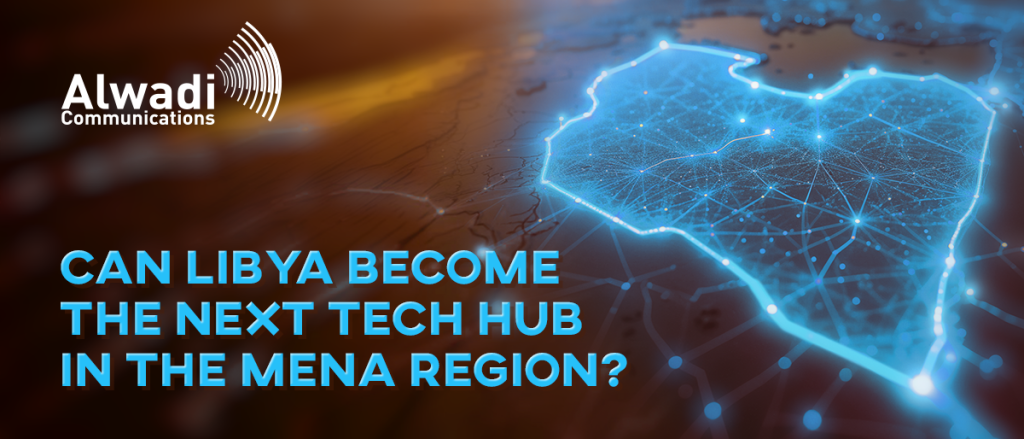Digital transformation is redefining industries across the Middle East and North Africa (MENA), enhancing business operations, customer experiences, and innovation. Libya, once seen as a country catching up in digitalization, is now making significant strides. With increased internet penetration, government-led initiatives, and a growing digital economy, Libya is proving to be a key player in the region’s digital transformation.
As the country accelerates its technology adoption, businesses can leverage these advancements to stay ahead. This article explores Libya’s progress, challenges, and opportunities in digital transformation, as well as future trends shaping the industry.

Libya’s Digital Progress: A Changing Landscape
Libya’s commitment to digital transformation is reflected in its growing economy, enhanced digital infrastructure, and increasing internet coverage. Several key developments are driving this progress:
- Government-Led Digital Strategies – Libya’s General Information Authority is developing a national digital transformation strategy, focusing on e-governance, financial inclusion, and cybersecurity.
- Growing Digital Economy – The EU-funded E-nable Project has played a crucial role in supporting Libya’s transition to a more competitive economy through digital innovation.
- Expanding Internet Access – As of 2025, Libya had 14.6 million mobile connections and 6.4 million social media users, reflecting high digital engagement.
- As of 2025, Libya had 14.6 million mobile connections and 6.4 million social media users, reflecting high digital engagement.
While there is still room for growth, these achievements highlight Libya’s digital readiness and potential for further expansion.
Challenges in Libya’s Digital Transformation
Despite these advancements, businesses still face key challenges in digital adoption:
1. Infrastructure Development
While Libya has expanded internet connectivity, consistent and high-speed access remains an area for improvement, particularly in rural regions.
2. Regulatory Frameworks
New policies are being introduced to support digital growth, but bureaucratic processes can still slow down implementation. Businesses must navigate evolving regulations to leverage digital solutions effectively.
3. Talent & Skills Gap
With the increasing demand for digital expertise, training programs, and upskilling initiatives are essential to prepare the workforce for a tech-driven economy.
4. Cybersecurity & Data Protection
As digital adoption rises, so does the need for stronger cybersecurity measures. Organizations must invest in security solutions to safeguard their operations and customer data.
Opportunities for Businesses in Libya & MENA
Libya’s digital transformation creates exciting opportunities for businesses to grow and innovate:
- Cloud Computing & AI Adoption – Companies can enhance efficiency with scalable, data-driven solutions.
- E-Commerce & Digital Payments – A surge in fintech adoption and mobile payment solutions presents a massive market potential.
- Strategic Digital Partnerships – Alwadi Communications is at the forefront of helping businesses integrate digital solutions, providing expertise in IT infrastructure, network solutions, and cybersecurity.
With the right technology partners, businesses in Libya can leverage digital transformation to optimize their operations and stay competitive.
What’s Next?
Looking ahead, several key trends will shape Libya’s digital landscape:
- AI & Automation – Increased adoption of AI-powered analytics and automation tools.
- 5G & IoT – Strengthening connectivity to support smart city projects and industrial automation.
- Cybersecurity Investments – Businesses will prioritize data protection to mitigate digital risks.
As Libya continues to embrace these technologies, companies like Alwadi Communications will play a vital role in enabling businesses to navigate digital transformation successfully.



